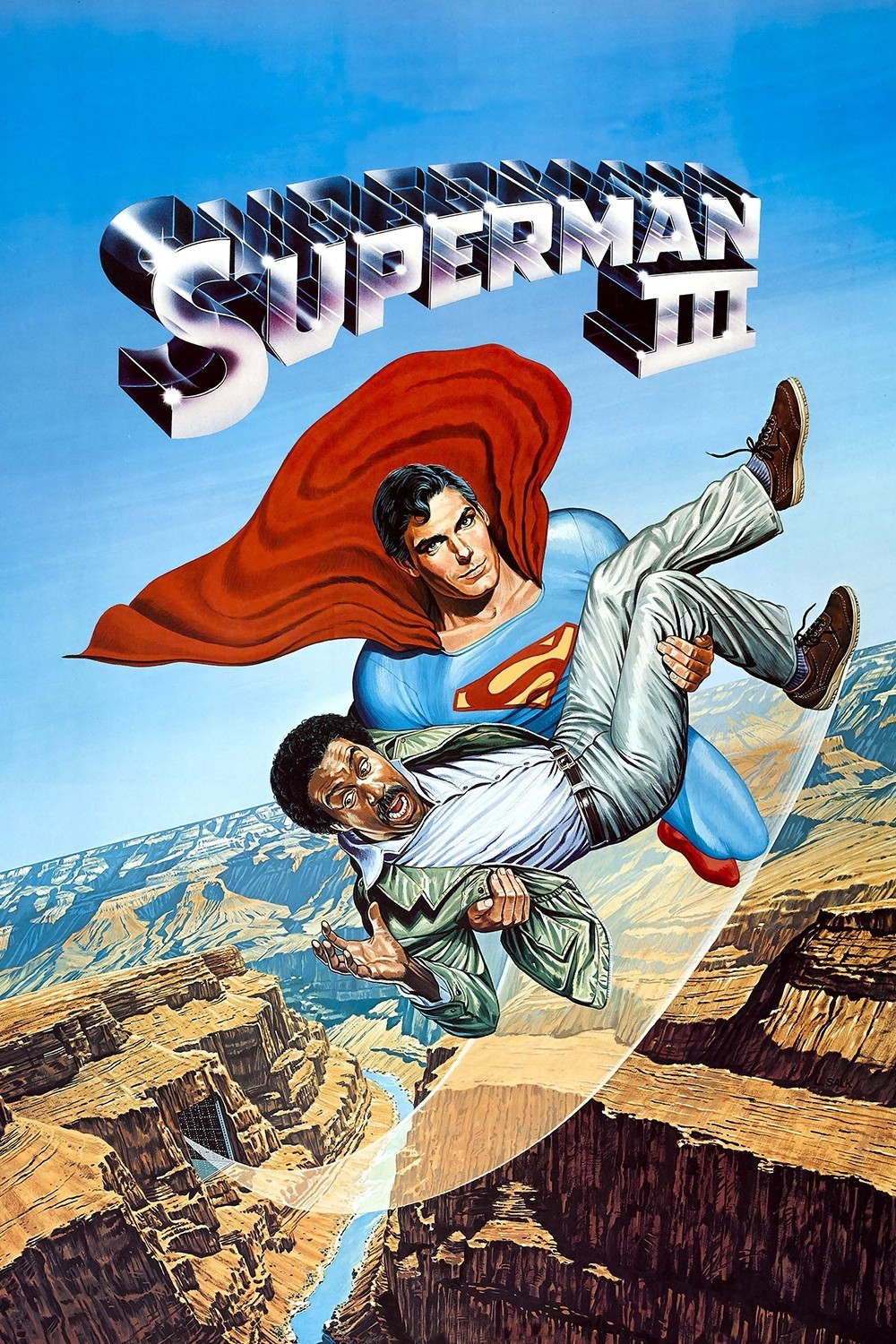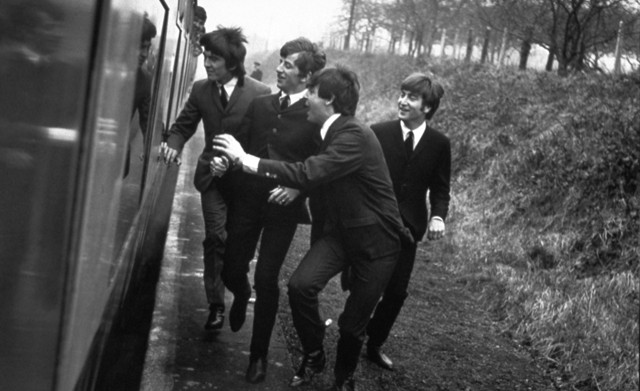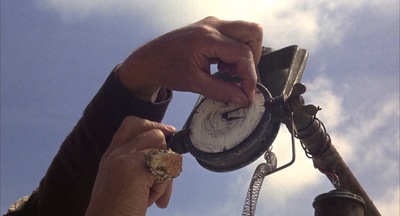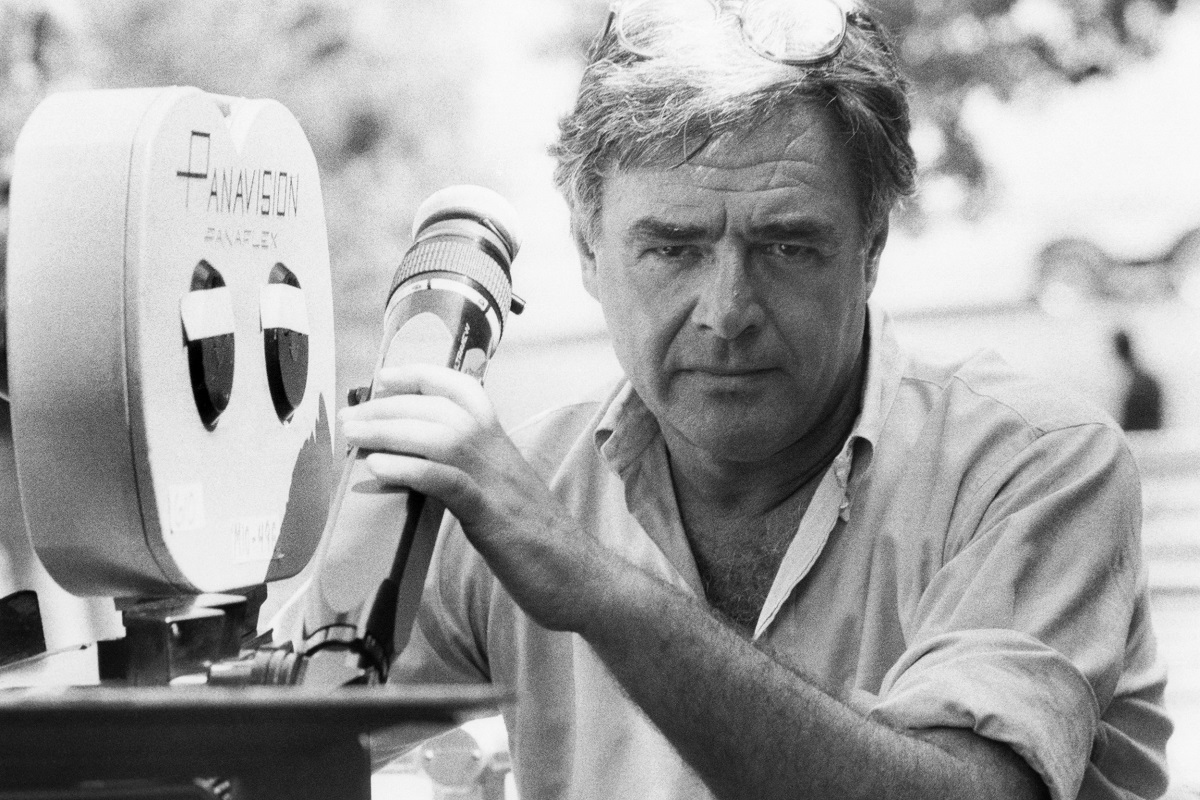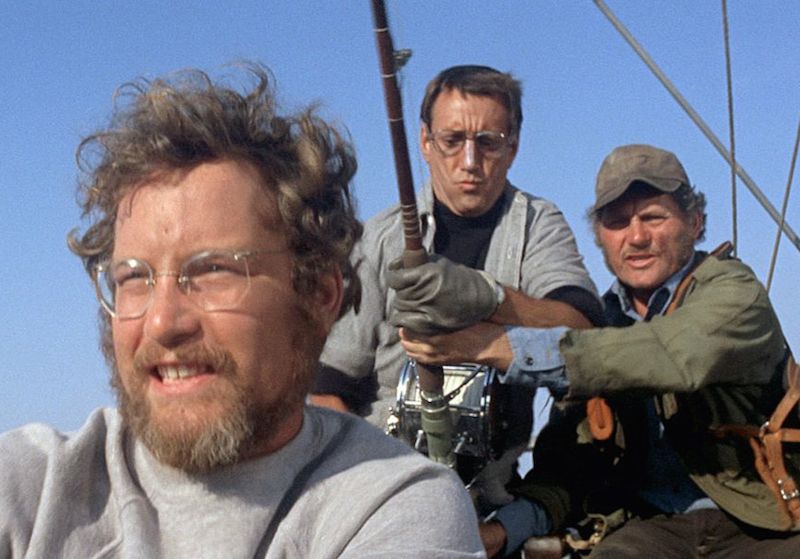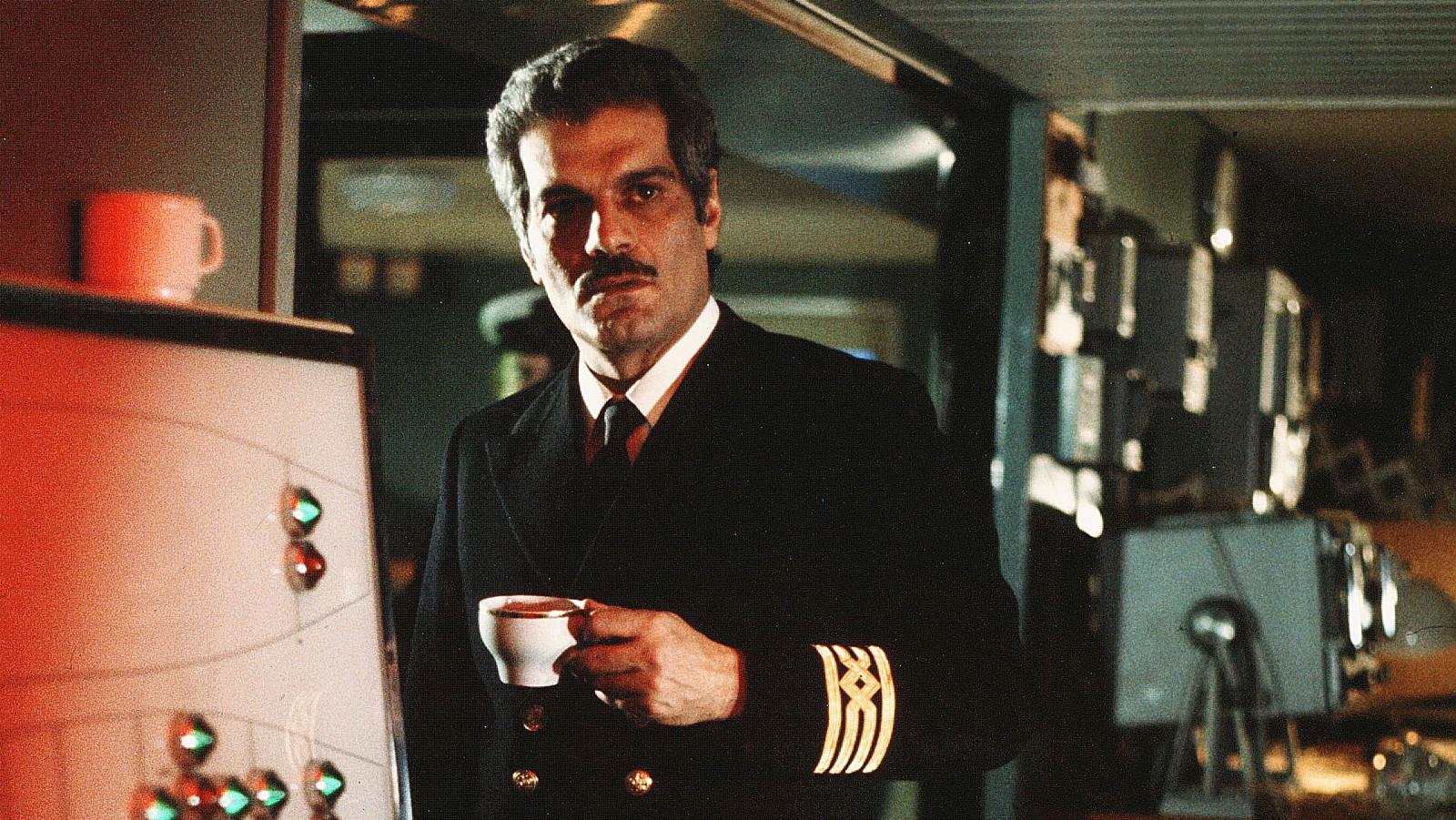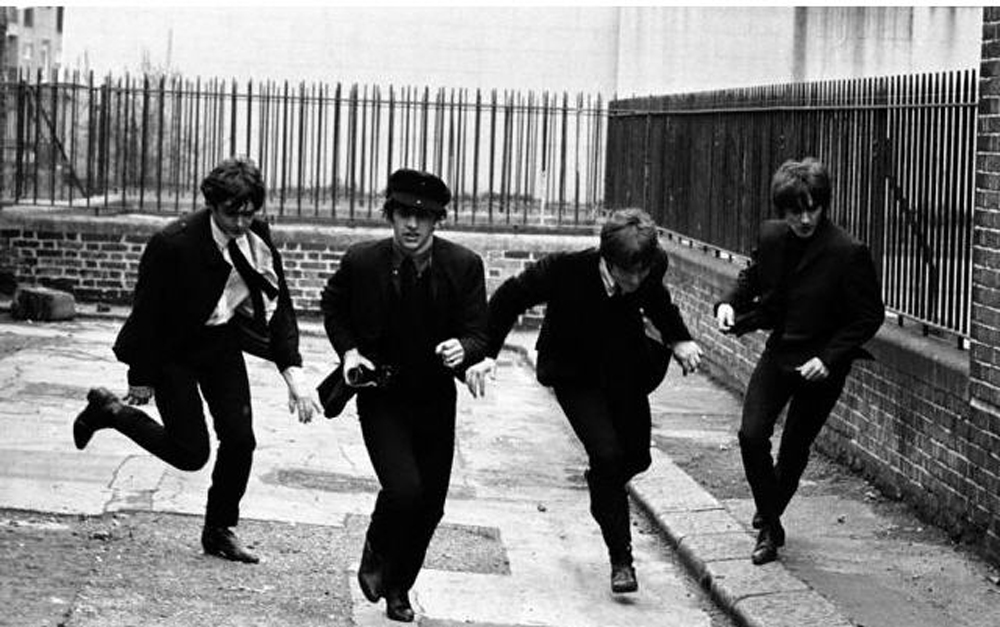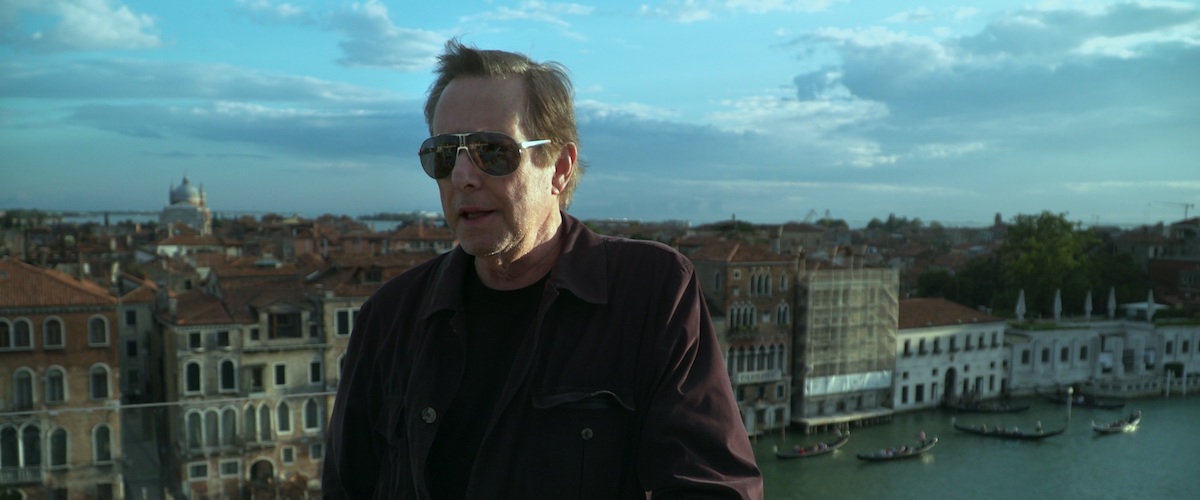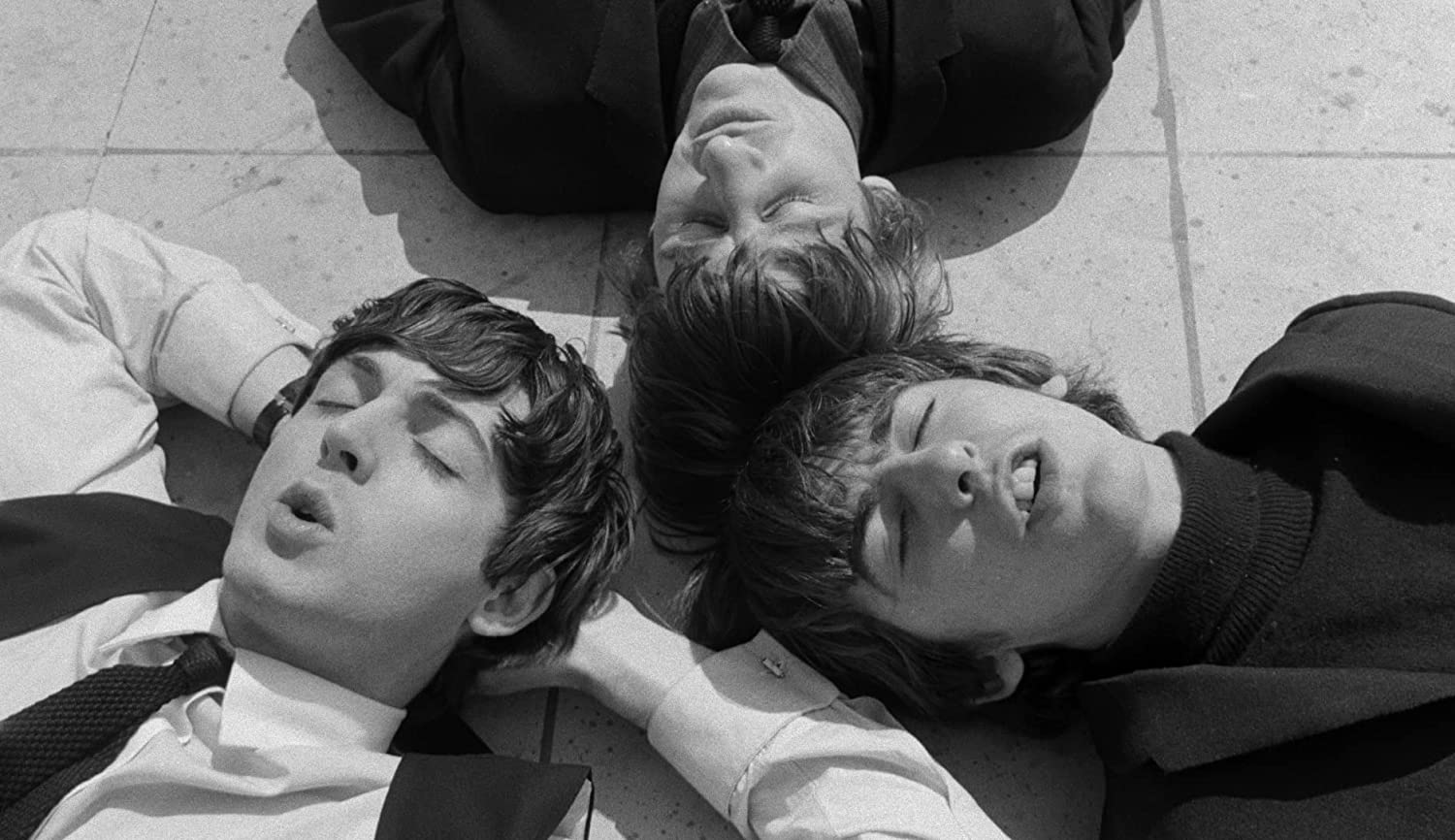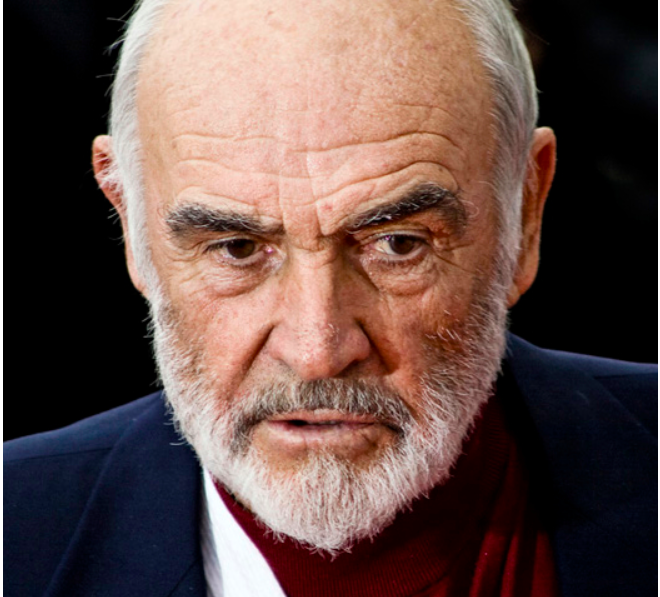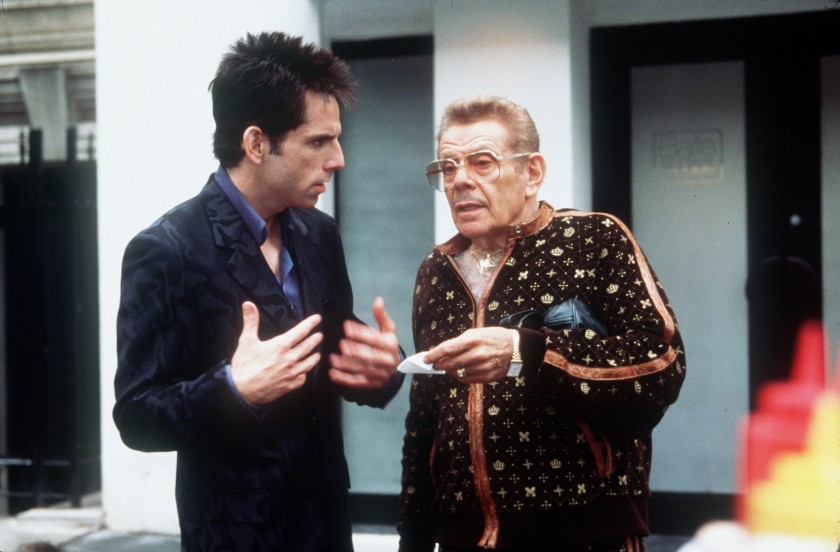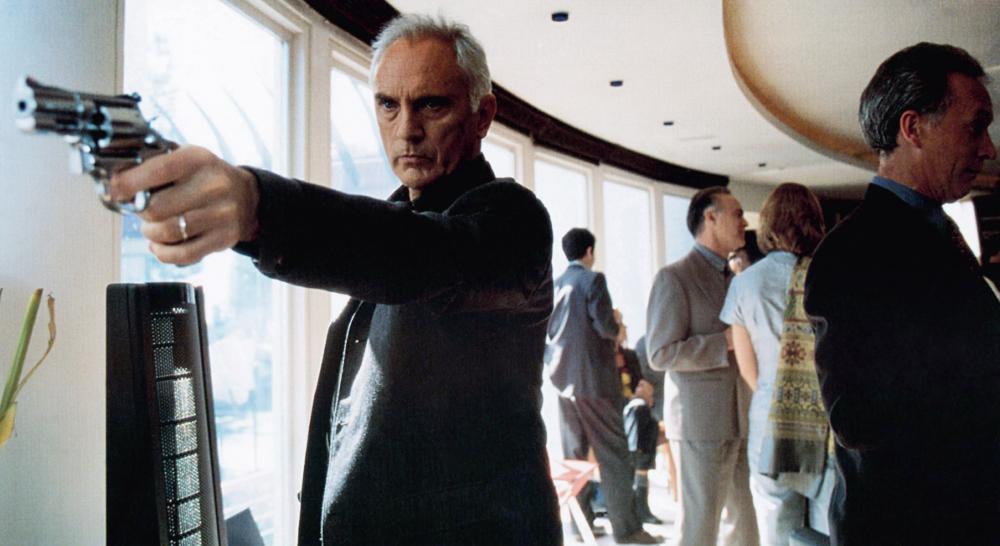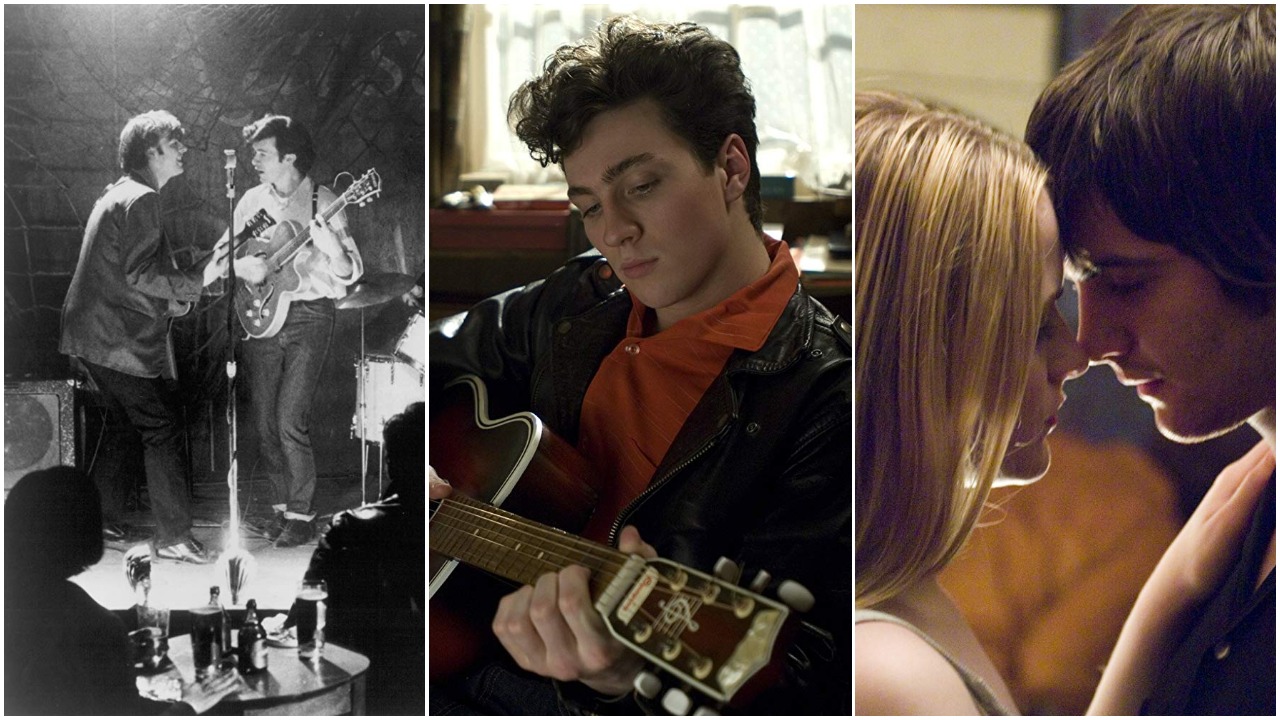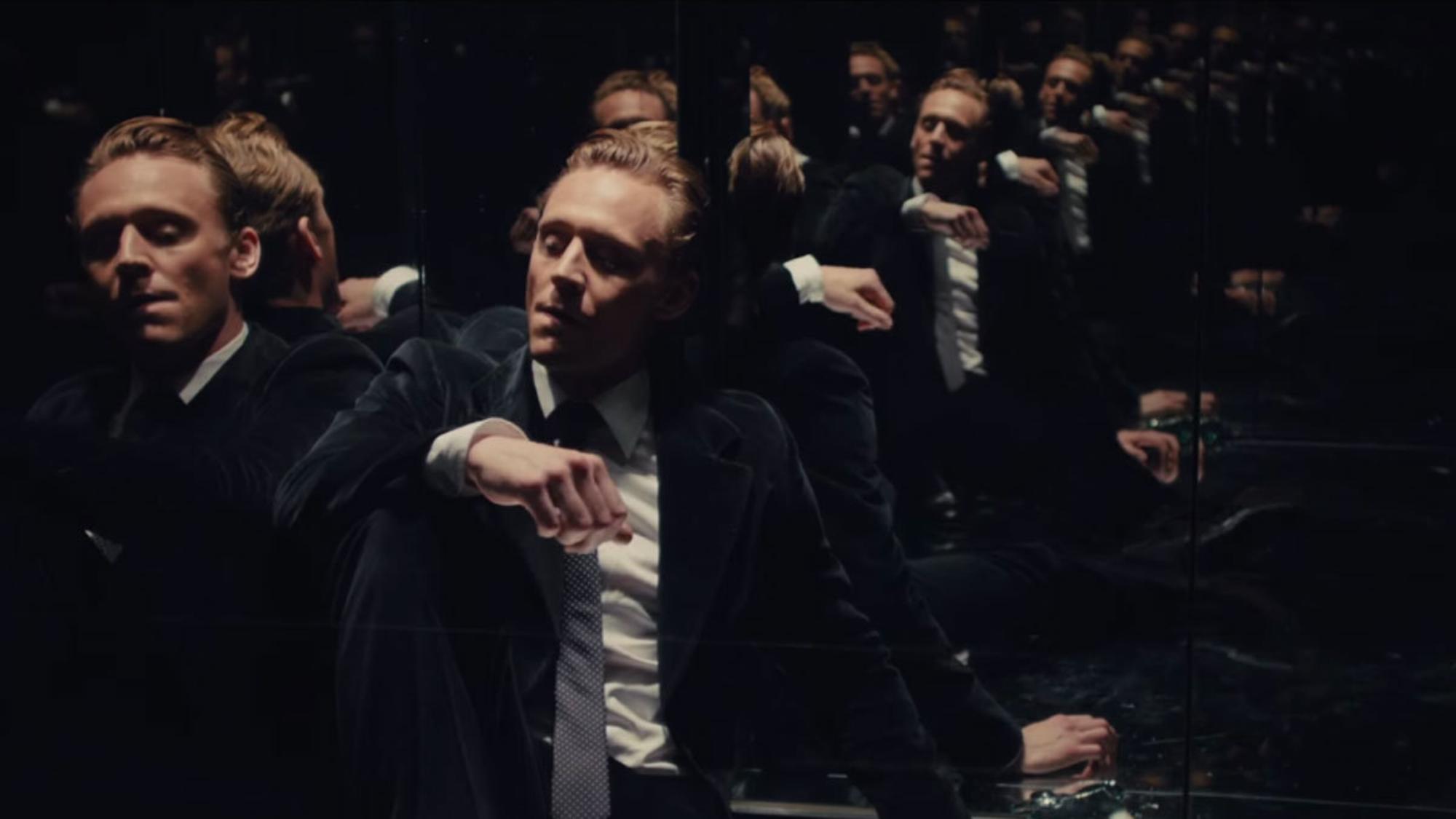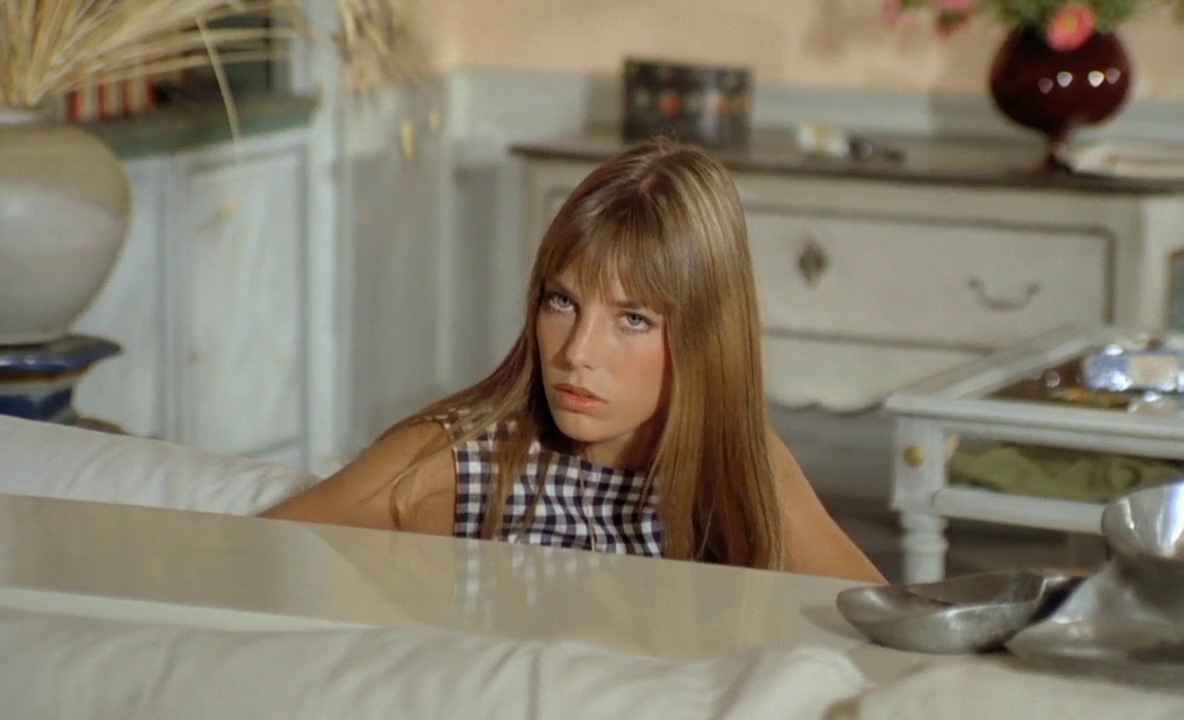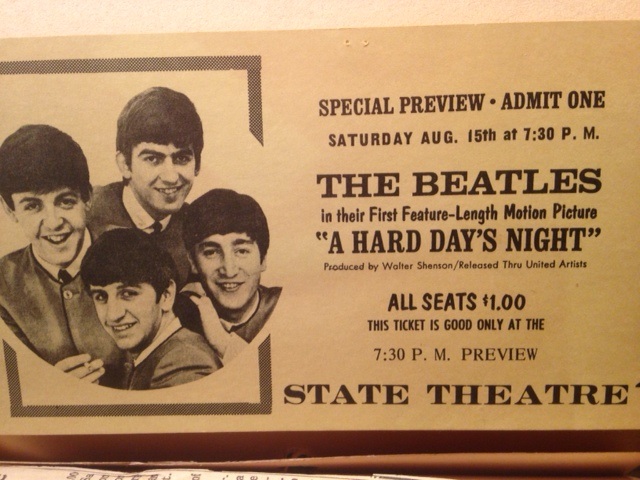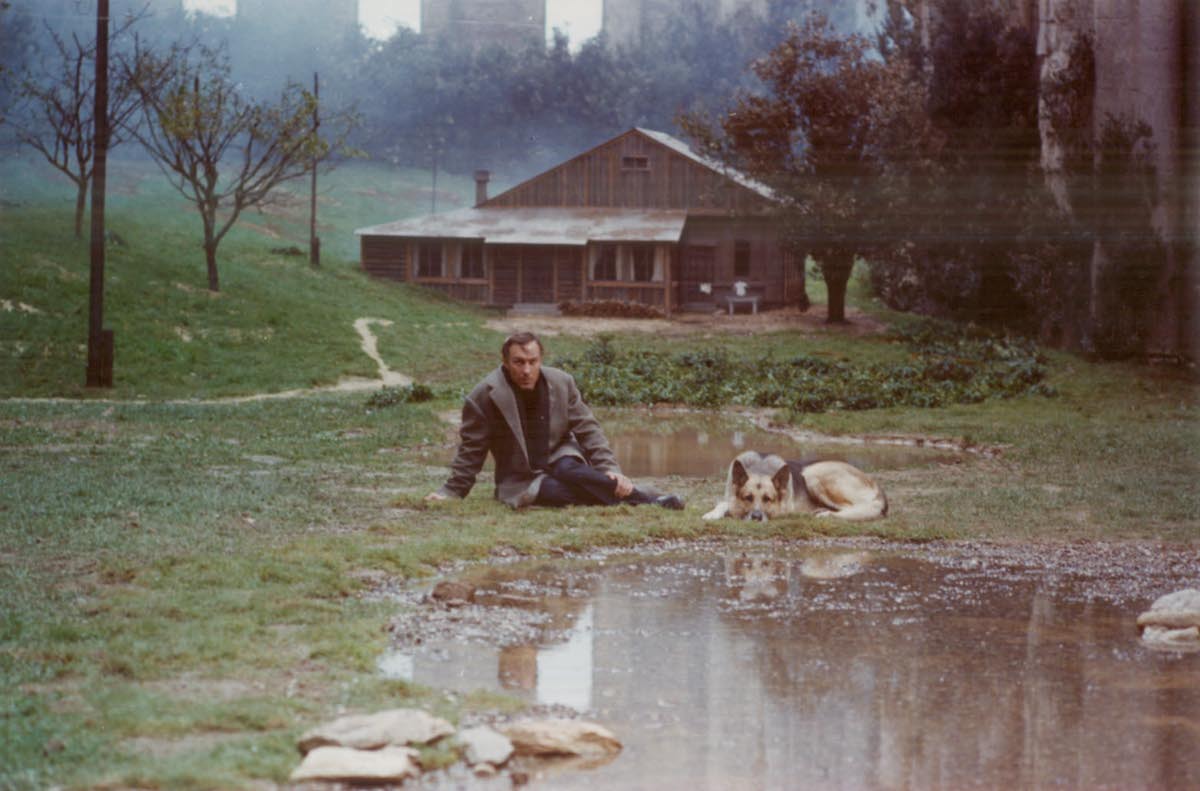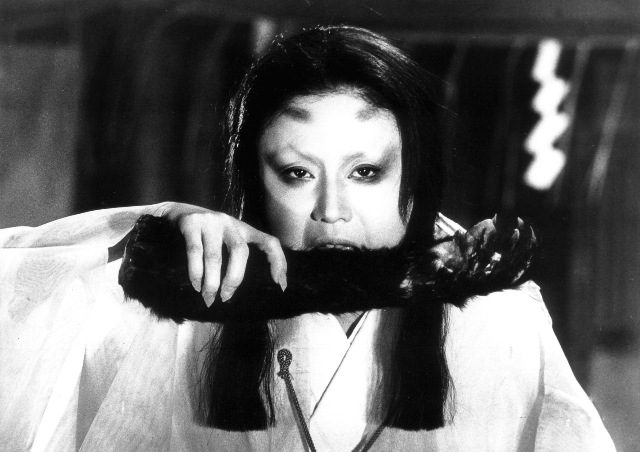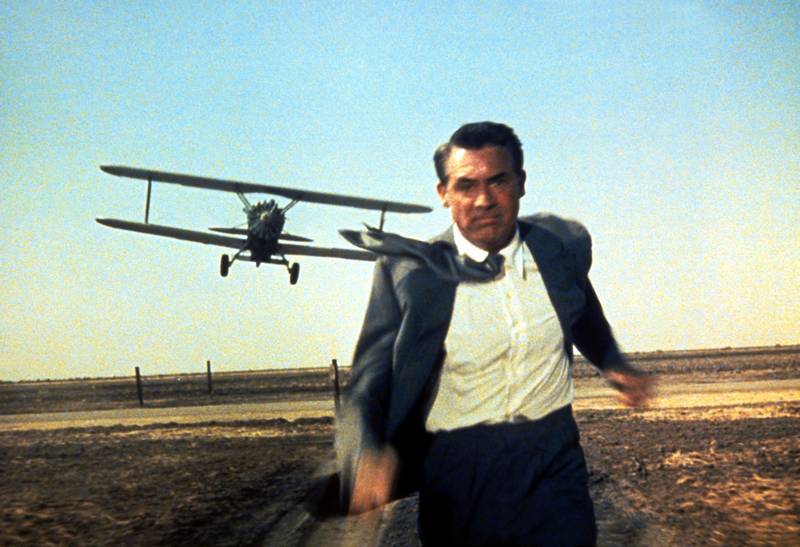Richard Lester Movie Reviews
Blog Posts That Mention Richard Lester
Keep Moving!: The Films of Richard Lester.
Peter Sobczynski
Peter Cook and Dudley Moore in Richard Lester’s “The Bed-Sitting Room”
Roger Ebert
Richard Donner: 1930-2021
Peter Sobczynski
Richard Dreyfuss and Deborah Kolar, Daughter of Robert Shaw, on Jaws
Matt Fagerholm
The Unloved, Part 76: Juggernaut
Scout Tafoya
It’s Gonna Feel All Right: The Musical and Cinematic Legacy of “A Hard Day’s Night”
Matt Zoller Seitz
50 greatest music films ever
Jim Emerson
Opening Shots: ‘Petulia’
Jim Emerson
TIFF 2007: Robert Zimmerman Bob Dylan Revisited
Jim Emerson
Opening Shots: ‘A Hard Day’s Night’
Jim Emerson
Close-Ups: A free-association dream sequence
Jim Emerson
Poetry in motion — and it rhymes, too
Jim Emerson
Opening Shots: ‘Juggernaut’
Jim Emerson
Wes Anderson scavenger hunt: Truffaut, Welles, Peanuts…
Jim Emerson
The 100 Greatest Directors of… what?
Jim Emerson
’50 Lost Movie Classics’
Jim Emerson
One of Us: Malcolm-Jamal Warner (1970-2025)
Brandon David Wilson
He Did It All: William Friedkin (1935-2023)
Scout Tafoya
Home Entertainment Guide: January 2022
Brian Tallerico
Bonded and Unbound: Sean Connery, 1930-2020
Matt Zoller Seitz
Jerry Stiller: 1927-2020
Peter Sobczynski
20 Years of Steven Soderbergh’s The Limey
Matt Sigur
After Yesterday: A Beatles Film Festival
Carrie Rickey
Nicolas Roeg, 1928-2018
Matt Zoller Seitz
Confusion and carnage: an interview with film critic Adam Nayman about the films of Ben Wheatley
Matt Zoller Seitz
Jane Birkin and Charlotte Gainsbourg: Like Mother, Like Daughter
Peter Sobczynski
45 Years and More with Charlotte Rampling
Peter Sobczynski
Beatles Good!: The 50 Anniversary of “A Hard Day’s Night”
Godfrey Cheshire
Blu-ray Consumer Guide: February 24, 2014
Glenn Kenny
Cannes 1968: A video essay
Hank Sartin
101 102 Movies You Must See Before…
Jim Emerson
Taking the Plunge
Michał Oleszczyk
Cannes all winners
Roger Ebert
George C. Scott: In Memoriam
Roger Ebert
Interview with Jacqueline Bisset
Roger Ebert
Peter Sellers Dies at 54
Roger Ebert
Interview with William Katt
Roger Ebert
Interview with Michael York
Roger Ebert
Interview with Max J. Rosenberg
Roger Ebert
Popular Reviews

The best movie reviews, in your inbox
